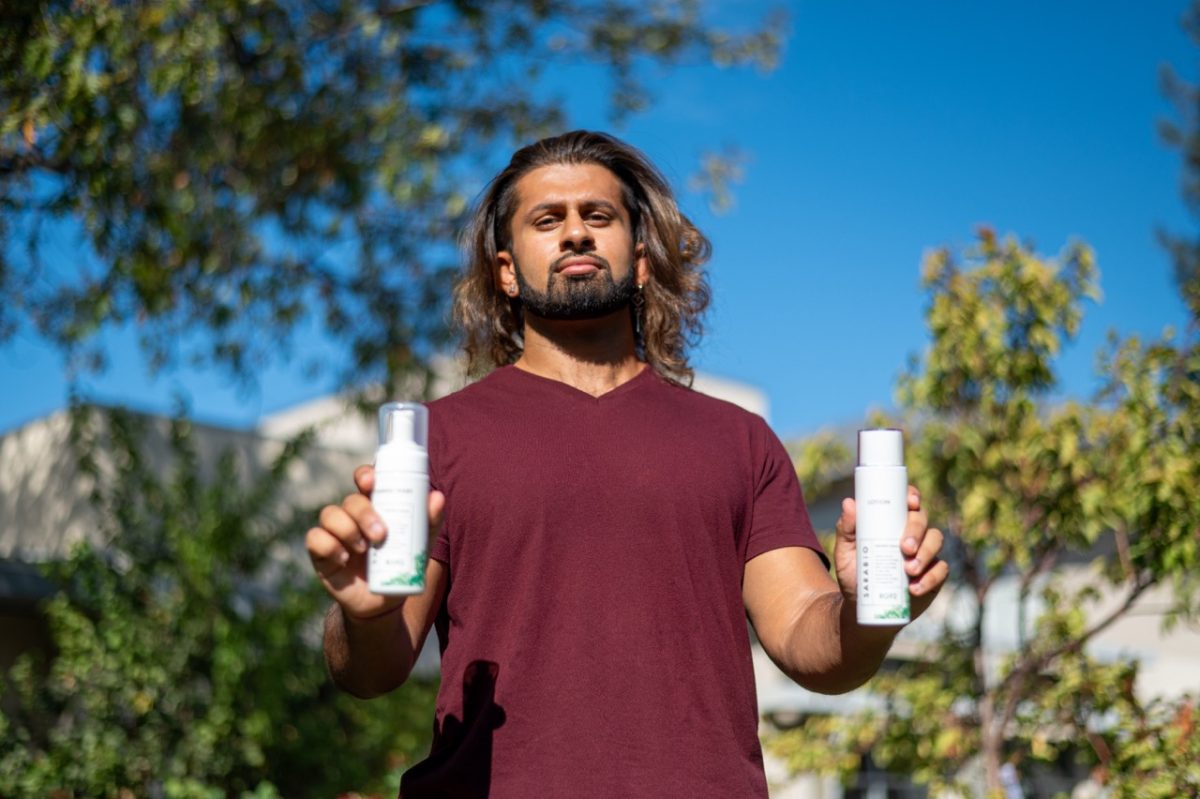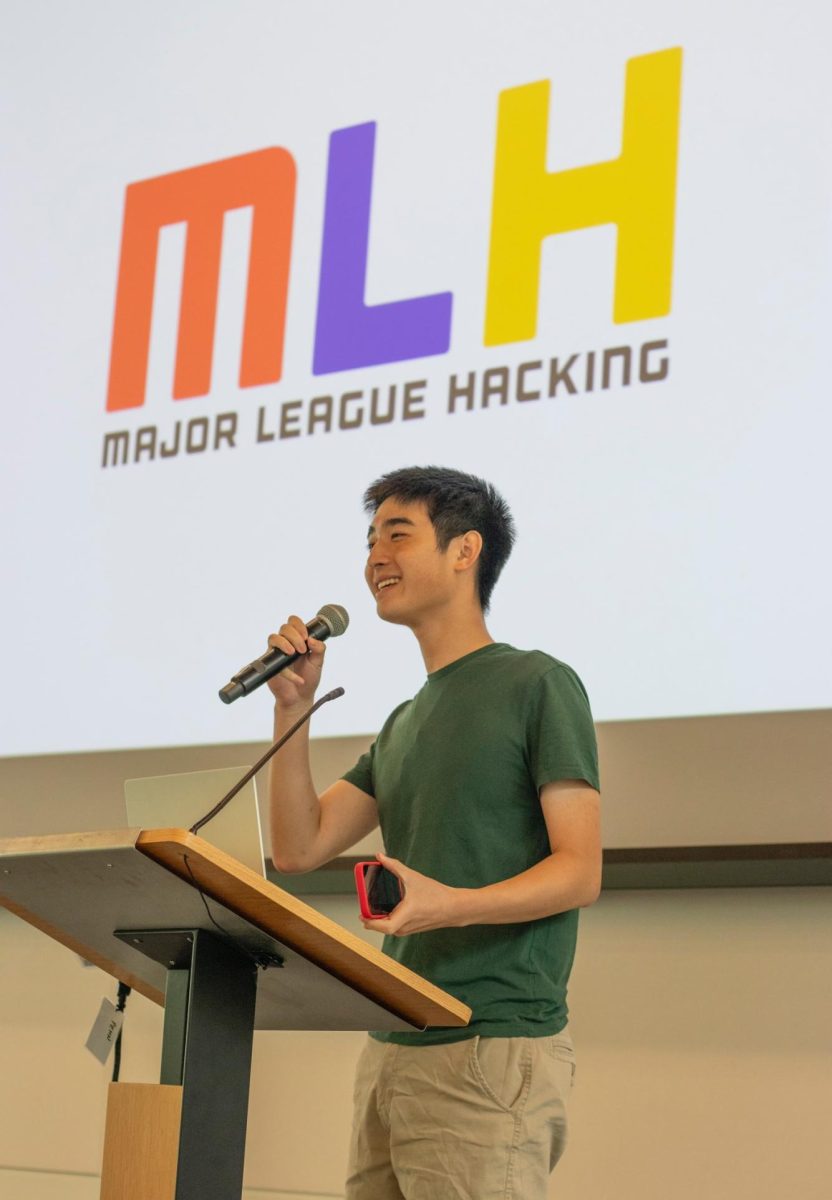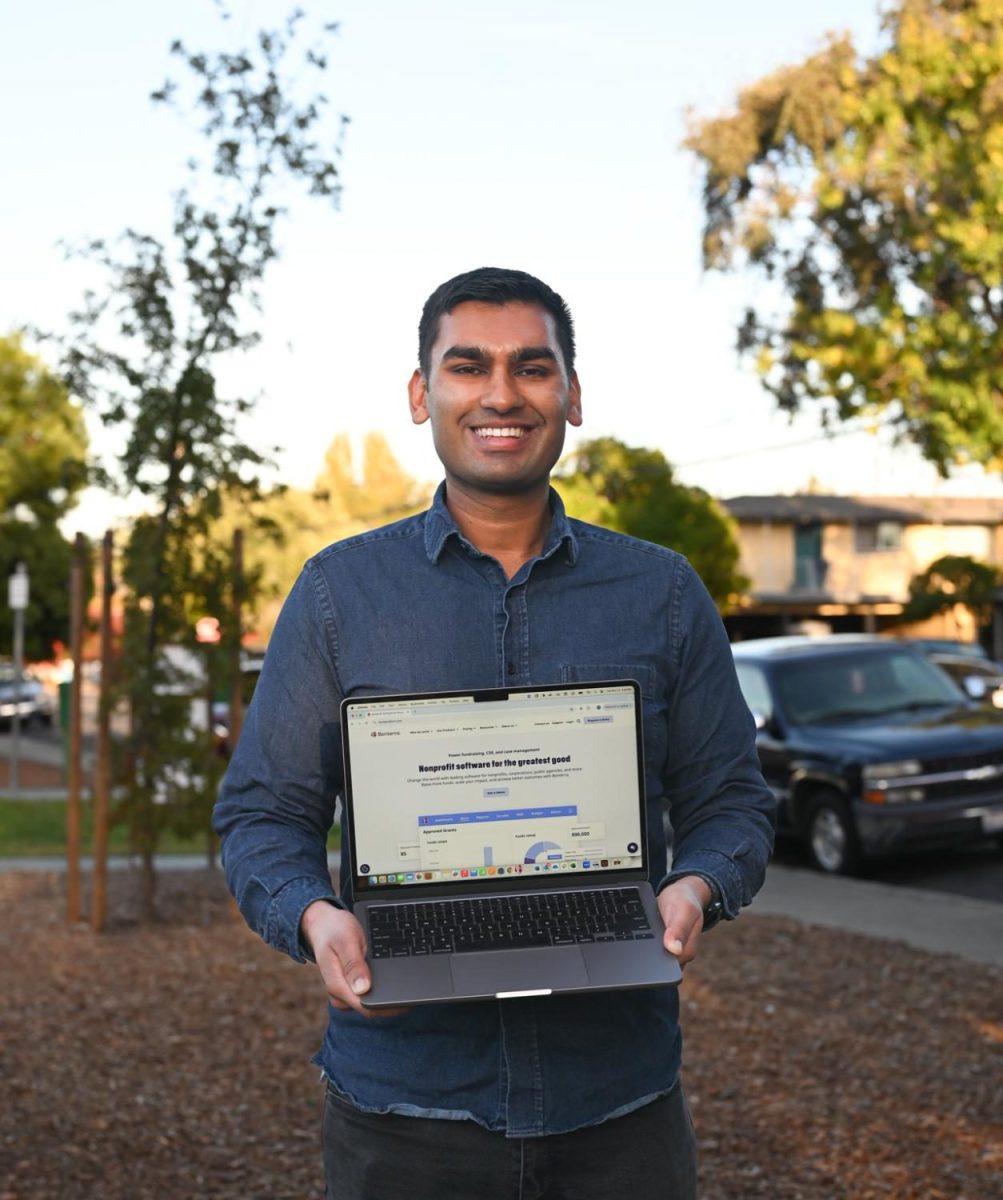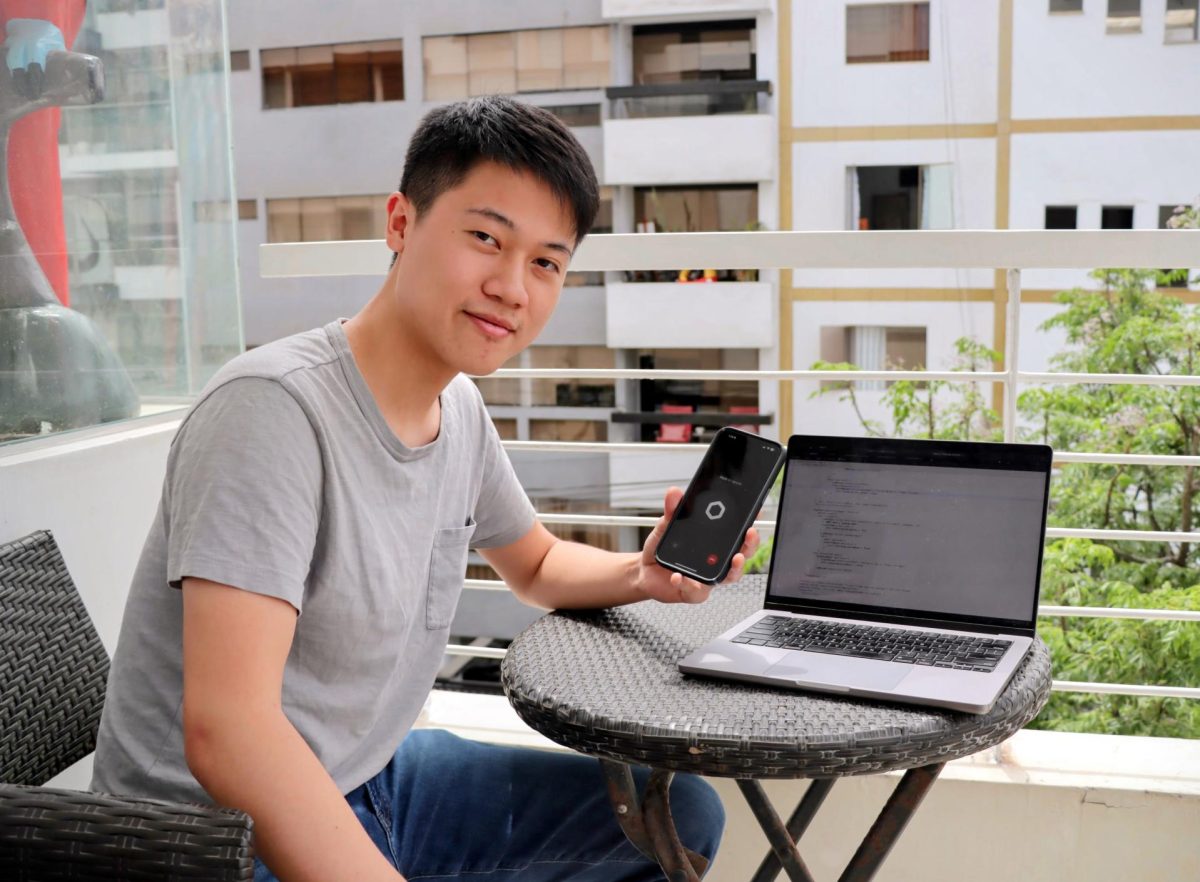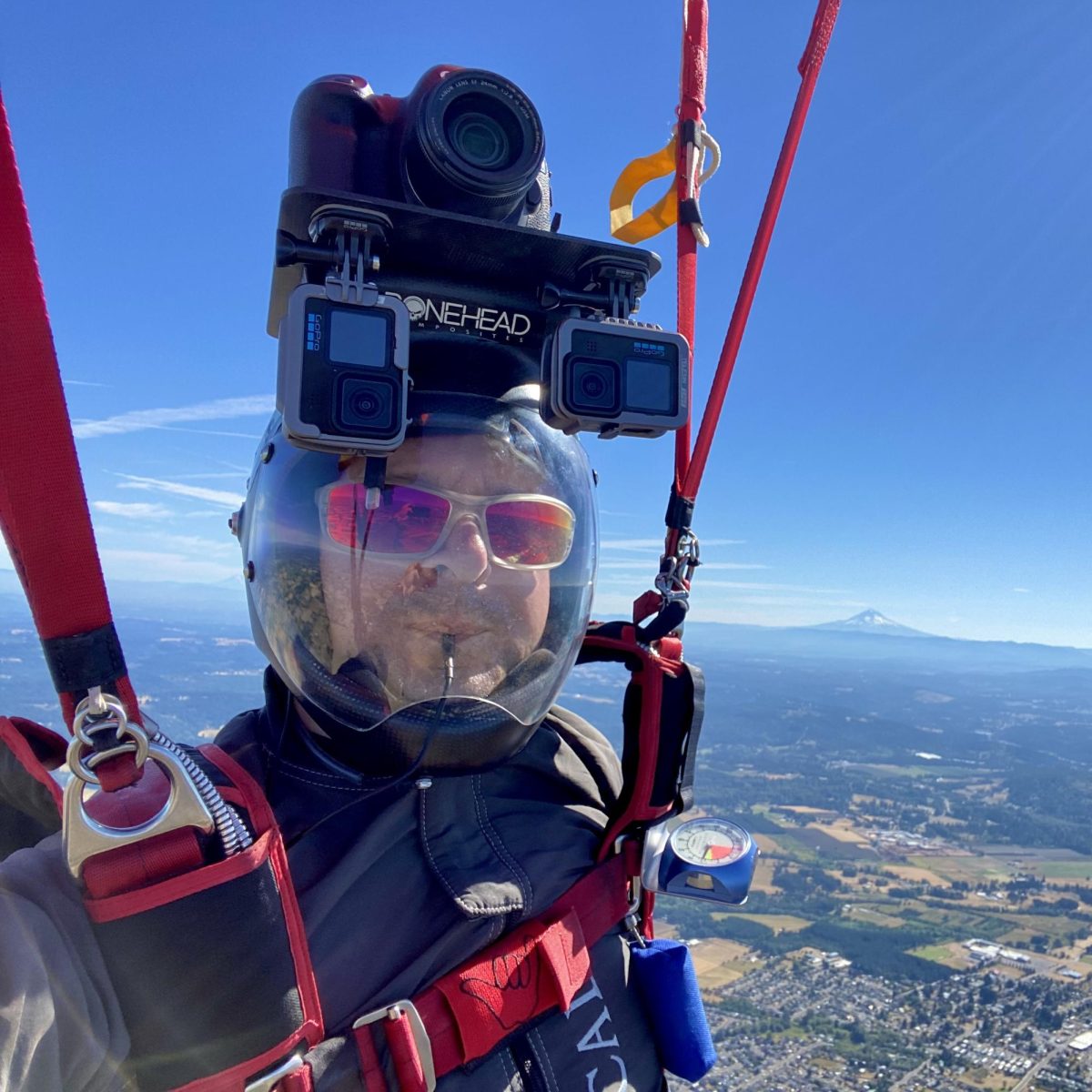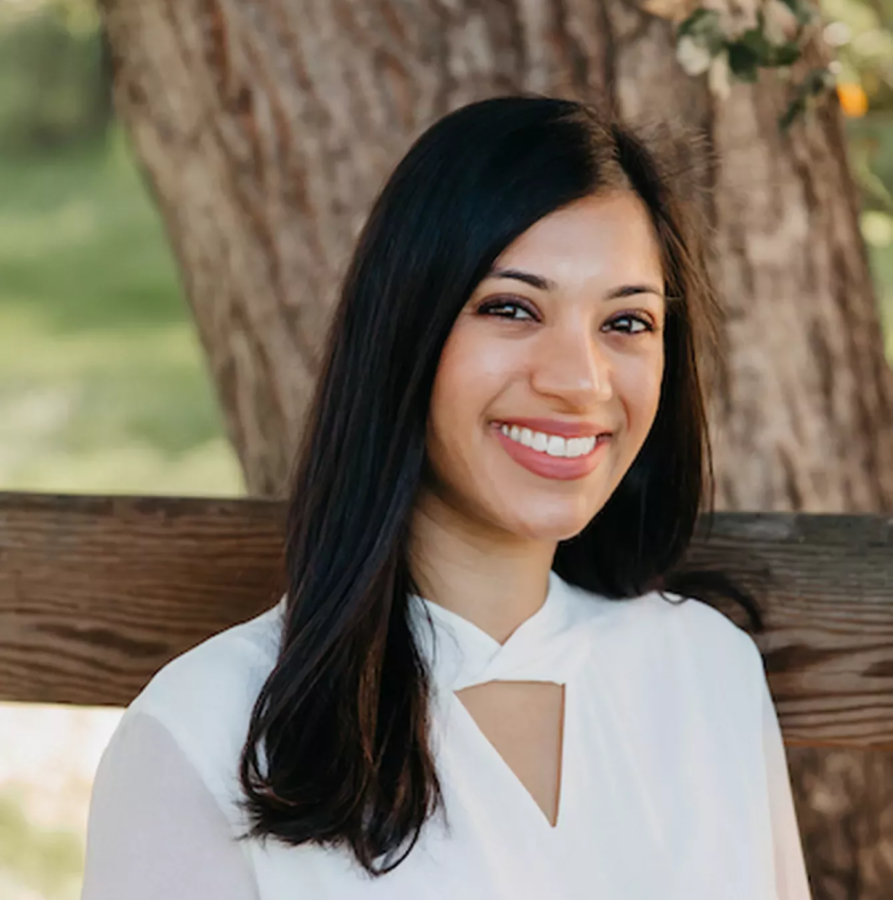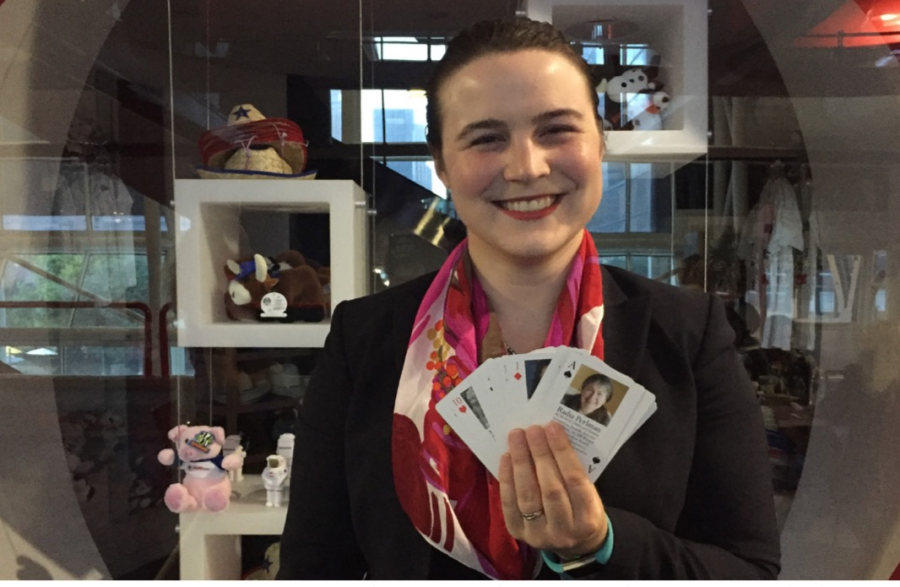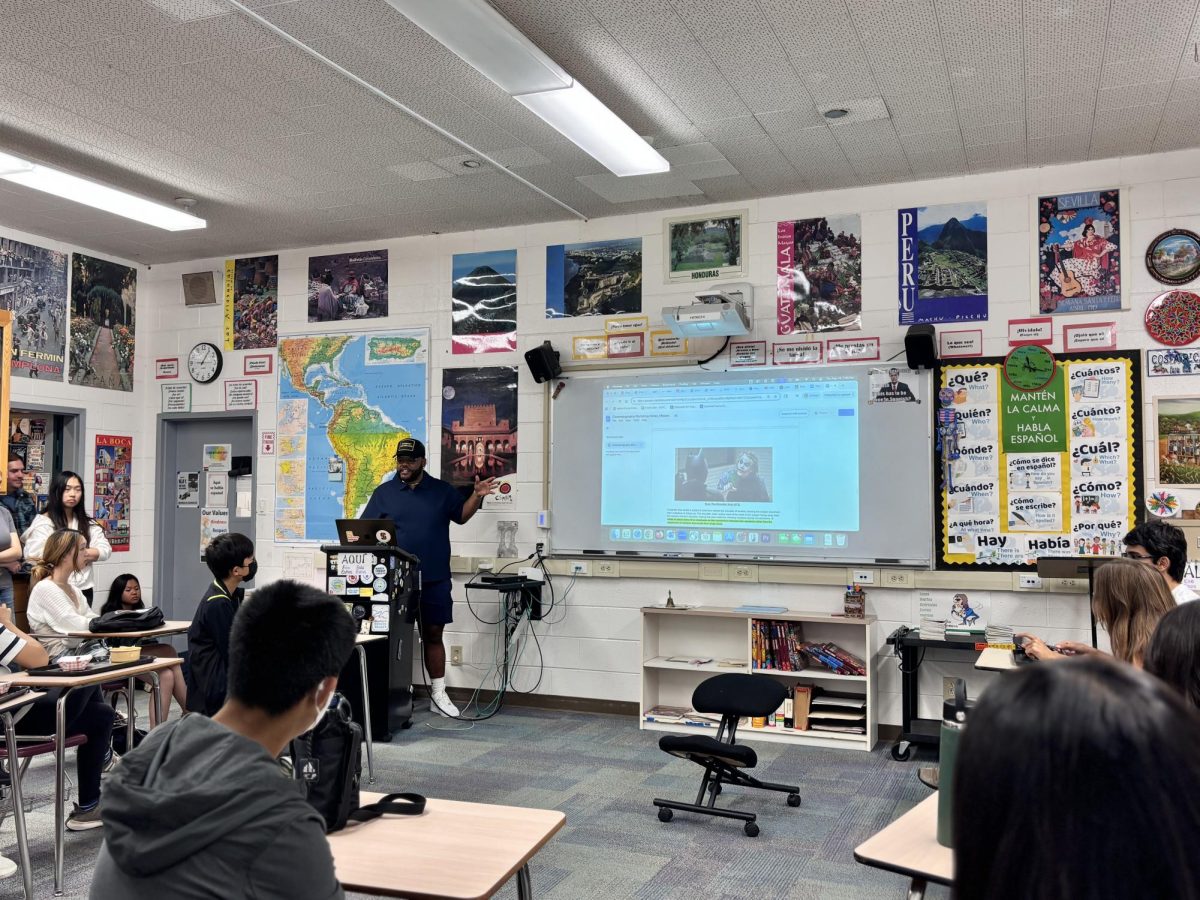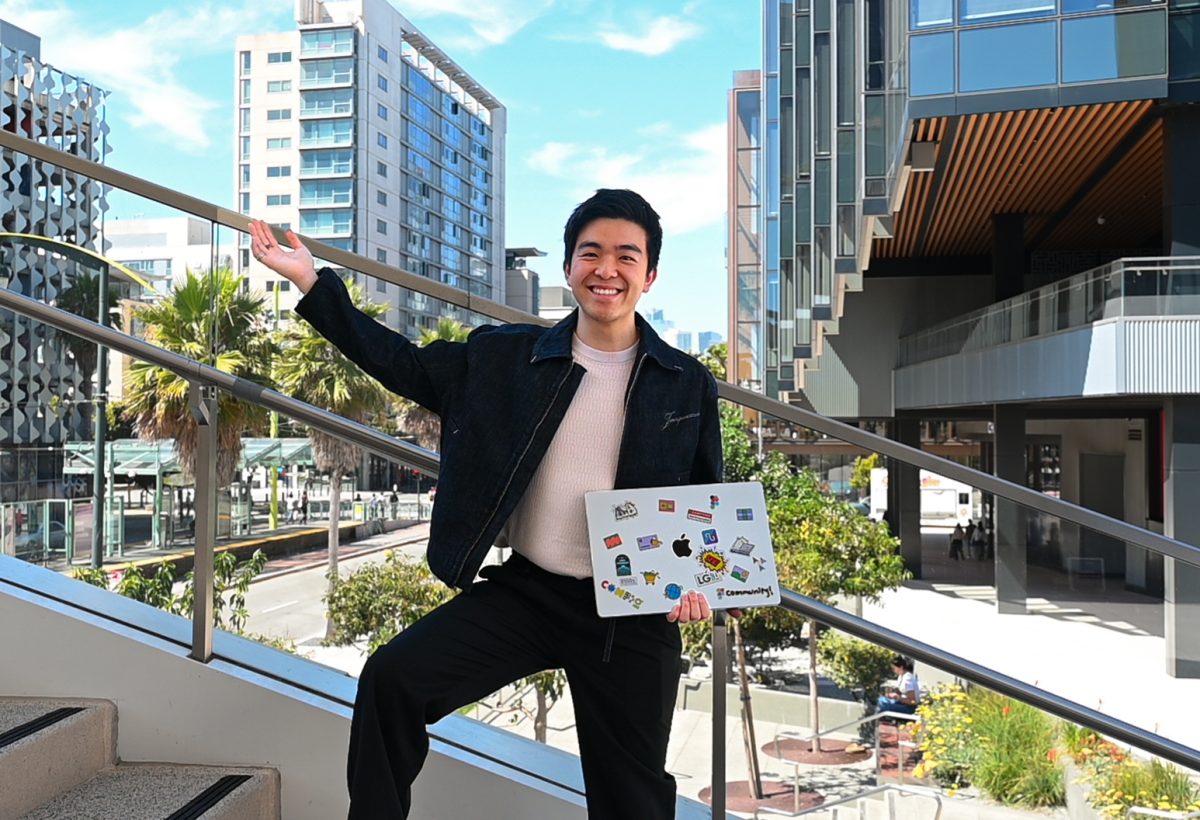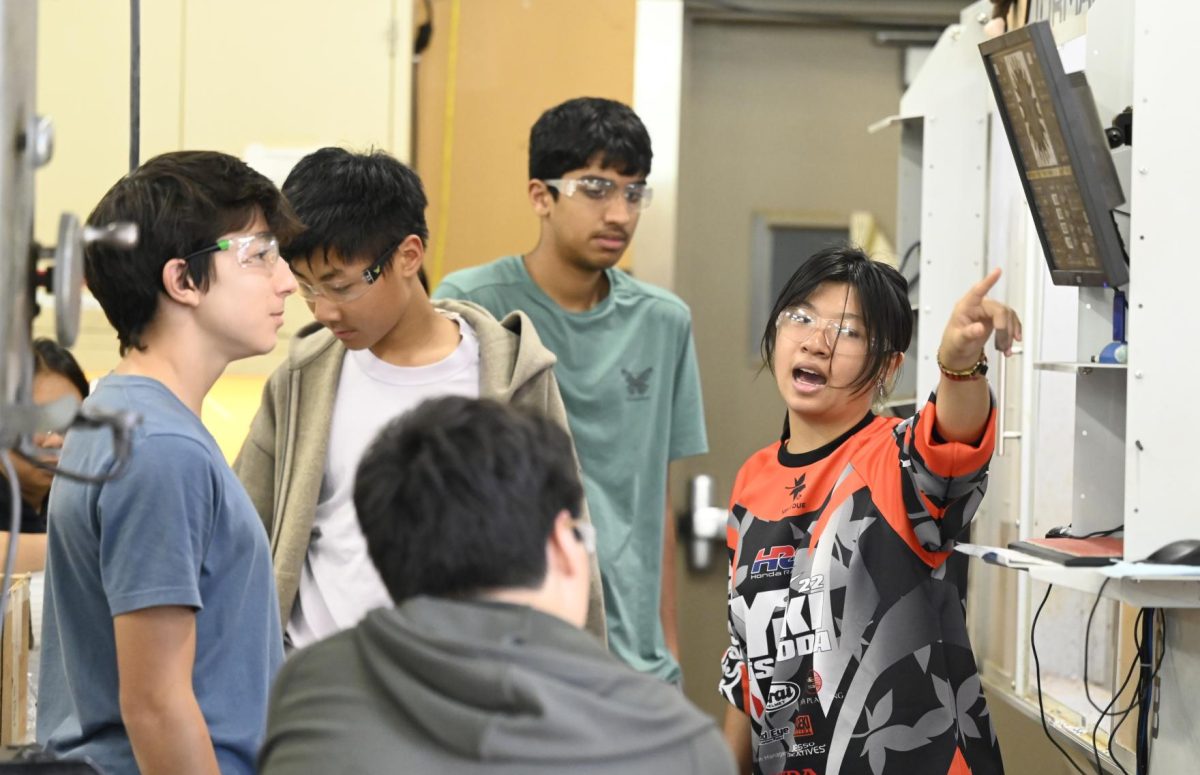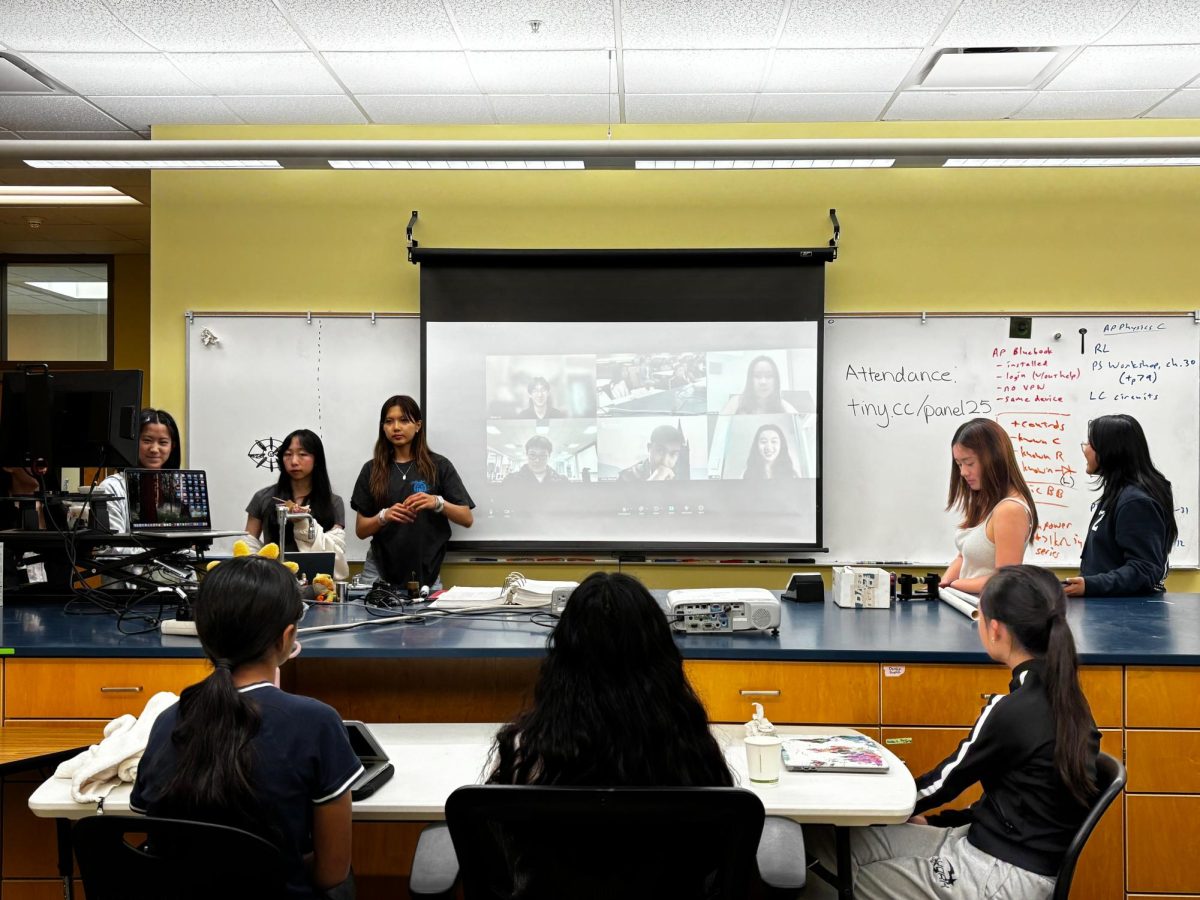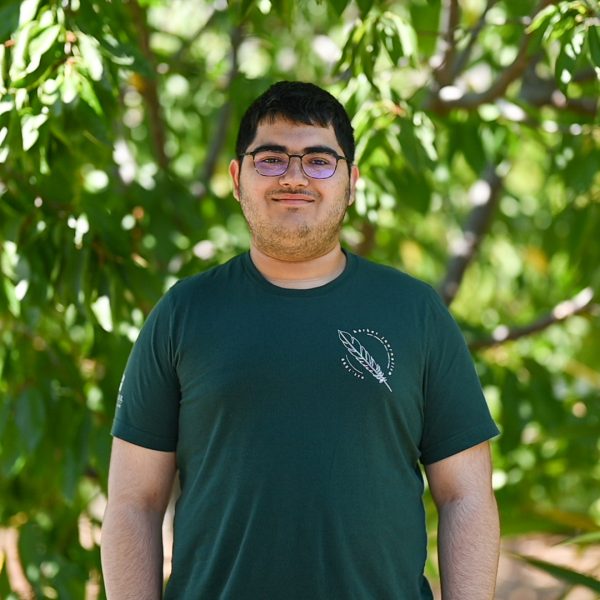In makeup stores, aisles upon aisles overflow with endless beauty products. Numerous brands and products for different skin types and skin tones — with hundreds of variations of the same product, the right choice of cosmetics can be a difficult one. But what if beauty products could be individualized, chosen specifically for each person?
Anni Ankola (‘15) founded his startup Spyra Beauty in 2022 as a way to help consumers keep track of their beauty supplies digitally. By scanning each product on the Spyra app, customers can track their inventory with just a simple touch of their device and find useful information like expiry dates and shelf life.
“Every makeup has its own expiration date and so does skin care,” Ankola said. “Most people don’t know when it expires because they buy it, put it in their drawer and forget about it, and they only find out when they get a breakout.”
While studying at San Jose State University and California Polytechnic State University, Ankola delved deeper into the realms of technology and beauty. Eventually, Ankola and his team started using artificial intelligence to help give customers personalized beauty recommendations.
The Spyra app matches customers with makeup products best-suited for them, taking into account features like skin tone and hair color. Customers can also upload a selfie of themselves and a photo of a celebrity to find products that create a similar look.
“No one knows what to buy because many different factors like skin types, hair types and eye color play a significant role in what makeup you use,” Ankola said. “So we used a computer vision approach to build product sets after data scraping to figure out what celebrities like Kylie Jenner or Kim Kardashian are using.”
Ankola works with companies around the world to provide a wide selection of cosmetic offerings. By testing products himself before offering them on the Spyra app, he ensures that the products supplied to his customers stay true to their advertising.
“If the brand’s claims about their product aren’t right, I don’t work with them,” Ankola said. “I’ll get a couple of my friends, anywhere from college age to forties or even investors to make sure the product is actually authentic. Only if it works for everybody, then I’ll start to move forward with the brand.”
Ankola encountered his biggest challenge when the company was in its founding stages at an incubator program at Cal Poly. Although he encountered personal losses, a lack of funding and job insecurity, Ankola remained committed to the company and continued working to improve the products.
“Tech-wise, my co-founder and I can handle basically anything,” Ankola said. “But with funding, it was hard because venture capitalists are looking for an immediate return. There was a difficult transition for me going from tech to the beauty space because that industry operates in a very different fashion.”
Ankola took a calculated risk: by starting Spyra, he put himself in an unfamiliar industry rather than applying for traditional office jobs in the computer science labor market. Overcoming the obstacles in developing Spyra allowed him to gain a deeper understanding of managing finances and leadership skills.
“Unlike me, a lot of my friends have proper salaries,” Ankola said. “But I’ve gotten used to sacrificing a lot of human comforts that many people have. I’m numb to running lean [on finances] at this point, which allows the company to make way more capital-conscious decisions.”
After multiple iterations of the Spyra app, funding rounds and self-sacrifices, Ankola and his team have grown Spyra into a company with thousands of users.
“Since we were raising very, very lean compared to other startups, to pay our staff both me and my co-founder haven’t taken any salary in the past two years,” Ankola said. “But now we’ve been working on it, and we’ve scaled from zero to 80,000 users on a shoestring budget. As of a few weeks ago, we have revenue.”
From his experience working with his colleagues to building Spyra from scratch, Ankola hopes that students can realize the importance of seeking out new opportunities, even when they may not seem promising at first.
“Learn how to break the rules a little bit,” Ankola said. “Before things were working out, it was challenging to try to explain to my mom why I’m doing a beauty start up and how I was going to try and get the Japanese companies to sell to me when I didn’t have any background in it. Sometimes, you just gotta not doubt yourself and go for it.”


















![“[Building nerf blasters] became this outlet of creativity for me that hasn't been matched by anything else. The process [of] making a build complete to your desire is such a painstakingly difficult process, but I've had to learn from [the skills needed from] soldering to proper painting. There's so many different options for everything, if you think about it, it exists. The best part is [that] if it doesn't exist, you can build it yourself," Ishaan Parate said.](https://harkeraquila.com/wp-content/uploads/2022/08/DSC_8149-900x604.jpg)




![“When I came into high school, I was ready to be a follower. But DECA was a game changer for me. It helped me overcome my fear of public speaking, and it's played such a major role in who I've become today. To be able to successfully lead a chapter of 150 students, an officer team and be one of the upperclassmen I once really admired is something I'm [really] proud of,” Anvitha Tummala ('21) said.](https://harkeraquila.com/wp-content/uploads/2021/07/Screen-Shot-2021-07-25-at-9.50.05-AM-900x594.png)







![“I think getting up in the morning and having a sense of purpose [is exciting]. I think without a certain amount of drive, life is kind of obsolete and mundane, and I think having that every single day is what makes each day unique and kind of makes life exciting,” Neymika Jain (12) said.](https://harkeraquila.com/wp-content/uploads/2017/06/Screen-Shot-2017-06-03-at-4.54.16-PM.png)








![“My slogan is ‘slow feet, don’t eat, and I’m hungry.’ You need to run fast to get where you are–you aren't going to get those championships if you aren't fast,” Angel Cervantes (12) said. “I want to do well in school on my tests and in track and win championships for my team. I live by that, [and] I can do that anywhere: in the classroom or on the field.”](https://harkeraquila.com/wp-content/uploads/2018/06/DSC5146-900x601.jpg)
![“[Volleyball has] taught me how to fall correctly, and another thing it taught is that you don’t have to be the best at something to be good at it. If you just hit the ball in a smart way, then it still scores points and you’re good at it. You could be a background player and still make a much bigger impact on the team than you would think,” Anya Gert (’20) said.](https://harkeraquila.com/wp-content/uploads/2020/06/AnnaGert_JinTuan_HoHPhotoEdited-600x900.jpeg)

![“I'm not nearly there yet, but [my confidence has] definitely been getting better since I was pretty shy and timid coming into Harker my freshman year. I know that there's a lot of people that are really confident in what they do, and I really admire them. Everyone's so driven and that has really pushed me to kind of try to find my own place in high school and be more confident,” Alyssa Huang (’20) said.](https://harkeraquila.com/wp-content/uploads/2020/06/AlyssaHuang_EmilyChen_HoHPhoto-900x749.jpeg)



